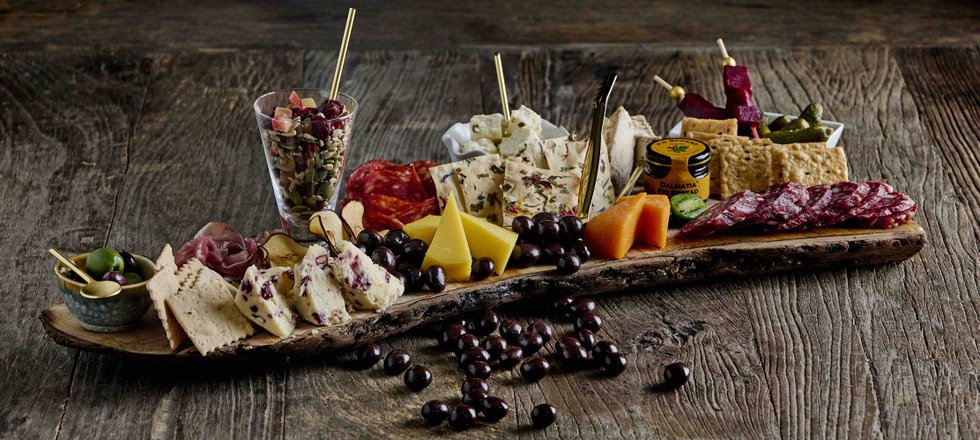
Do you prefer your peanuts boiled or roasted?
Boiled peanuts have long been a staple of Southern cuisine. According to Serious Eats, black Southerners were most likely the first to introduce the snack, even before they were called “peanuts” (they were known as “goobers,” or “goober peas”). The plant actually originated in South America, but was taken to Africa by the Portuguese, where it became very popular. When Africans were brought across the Atlantic to America, they carried the plant with them, and the goober pea grew roots in American soil.
Most Southerners will tell you that freshly harvested, straight-from-the-ground “green” peanuts are the best for boiling, as they have a higher moisture content than raw peanuts. (The latter are simply green peanuts that have been air-dried so they don’t spoil.) Because only Southern states grow peanuts, you’d be hard-pressed to find fresh green peanuts north of Virginia, but raw ones can be used as well. The usual method is to put water, salt, seasonings, and the green peanuts in a large pot and bring the mixture to a boil. Then, you reduce the heat just enough to maintain the boil and allow the peanuts to sit for 2-3 hours (or more, depending on how soft you want them).
In terms of roasted peanuts, James Harrell, the owner and founder of Virginia Gold in Suffolk, says the peanut industry uses two roasting methods: dry (hot air) roasting and oil, or deep frying. Harrell says, “Peanut butter is the result of dry roasting, grinding, and adding additional ingredients such as vegetable oil, sugars, flavors, etc. … The premium brand cans of ‘home cooked’ peanuts that you see on the shelves use [the deep frying] method.” Both methods create peanuts with the nutty taste and texture most of us are used to, whereas boiled peanuts are soft, with a texture similar to cooked beans. In terms of health benefits, boiled peanuts have fewer calories, less fat, and more antioxidants—which help reduce the risk of cancer, diabetes, and coronary heart diseases—than roasted peanuts.
This article originally appeared in our October 2020 issue.









